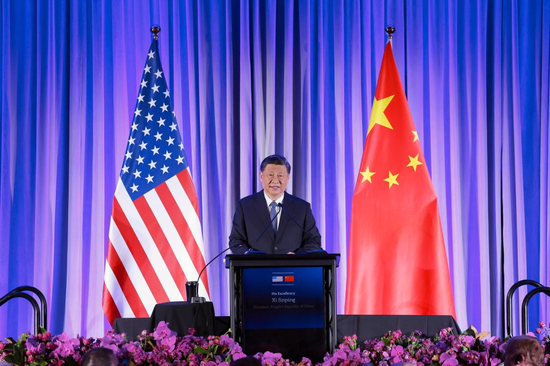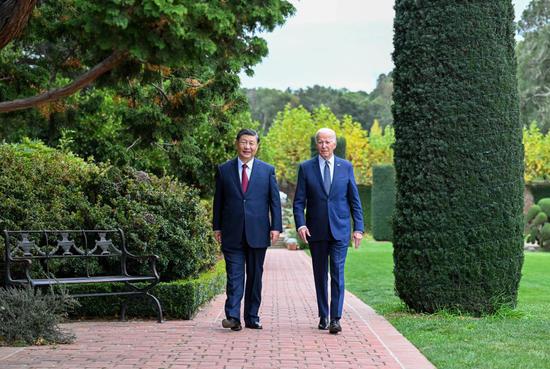Difficult investigation
Police in Nanchong first discovered clues to telecom fraud, including details of Li's case, in February 2021. They arrested a number of suspects and examined the evidence of fund flows and communication records provided by the suspects, along with information about electronic communications, payment settlements, and transportation records.
This work led to the identification of more than 2,000 individuals connected to 21 fraud groups. Police then formed a special task force to work on the case in April 2021.
Nanchong police said that from January last year to March this year, they arrested 842 suspects who returned to China from northern Myanmar, including Li.
Qiao Jun, a police officer in Nanchong involved with handling the cases, said those arrested returned to China on their own volition, before being questioned by police.
The suspects often claimed to have been coerced into taking part in fraud, Qiao said, adding that when fraud groups are located overseas, law enforcement agencies face challenges in obtaining evidence from abroad.
"We used the national anti-fraud platform to search for victims, and at the same time, we carried out tests on the suspects' phones to find key information to make a breakthrough in the case," Qiao said.
Li Jianbing, a prosecutor at Nanchong People's Procuratorate, said many of the suspects confessed to their crimes during interrogation, but later made a U-turn by saying they were victims of fraud themselves. Some even retracted their initial confessions after learning that the police did not have sufficient evidence against them.
"These fraud groups are familiar with China's anti-fraud policies, and they conduct special training for their members to escape investigation," Li Jianbing said. "Their internal hierarchies are well-defined, with a strict division of labor. Members from different groups rarely interact, and they avoid gathering in one place, making it difficult to identify common criminal activity."
Given the difficulties of investigative work, the procuratorate and public security bureau carried out several joint studies. Prosecutors then advised the public security authorities to collect evidence of illegal border crossings — a relatively easy crime to prove — before proceeding to the more complex crime of fraud, Li Jianbing said.
"This approach ensured that the suspects could be arrested promptly, allowing more time to investigate crimes related to fraud," he said.
The authorities also collected other evidence, such as flight or train tickets, bookings for accommodations, border crossing details, and phone call records, Li Jianbing added. Officers conducted additional interrogations of suspects based on the evidence they collected and examined. As a result, the suspects' contradictory statements were exposed.
Furthermore, cross-examination was carried out among the suspects to eliminate any possible doubt. These actions enabled police to form a complete evidence chain for the cases to be transferred for review and successful prosecution, Li Jianbing added.
The Nanchong procuratorate said more than 500 people have been handed over to the authorities. Over 400 of them have been prosecuted, and other cases are still under investigation.


















































 京公网安备 11010202009201号
京公网安备 11010202009201号